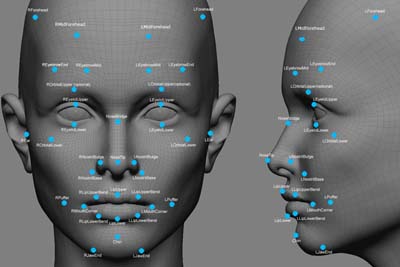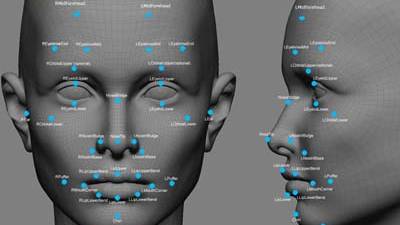Facebook turns off automatic facial recognition feature for EU in victory for privacy campaigners
Source: dailymail.co.uk

Facebook has turned off its controversial tag suggestions feature for users in Europe, in a move that campaigners will hail as a victory for privacy.
The social network tool took biometric information provided when users tag friends’ faces in photos to make suggestions on the correct tags for future images.
But the company was heavily criticised when it introduced the feature and automatically opted-in all users in Europe last June without formally announcing its arrival on the site.
Privacy campaigners were particularly disturbed since Facebook allows photographs to be published on its site without the express permission - or even knowledge - of those pictured.
With the facial-recognition feature activated on the site, this meant in essence that those uploading photos were handing the personal biometric information of those photographed over to the company.
The removal of the feature and the forced deletion of all the biometric data will be a blow to the company which is under intense pressure to find new ways to convert its vast hoard users’ personal information into cash since it was floated on the stock market earlier this year.
Responding to the removal of the feature, Nick Pickles, director of privacy campaign group Big Brother Watch, said: ’Users need to be in control of what happens to their data and it’s absolutely right this applies to people’s pictures on Facebook in the same way as their written personal information.
’The wider issue is not just about people opting-in to use the technology, but how you regulate something when often the person in the photo might not be aware their photo has even been uploaded.
’Facial recognition has the potential to undermine people’s privacy far more dramatically than most existing technology, with ever more creative uses finding ways to track us and target us.’
Facebook was forced to carry out a review of the controversial feature’s introduction after a wave of anger about potential data protection issues.
[...]
Read the full article at: dailymail.co.uk






















